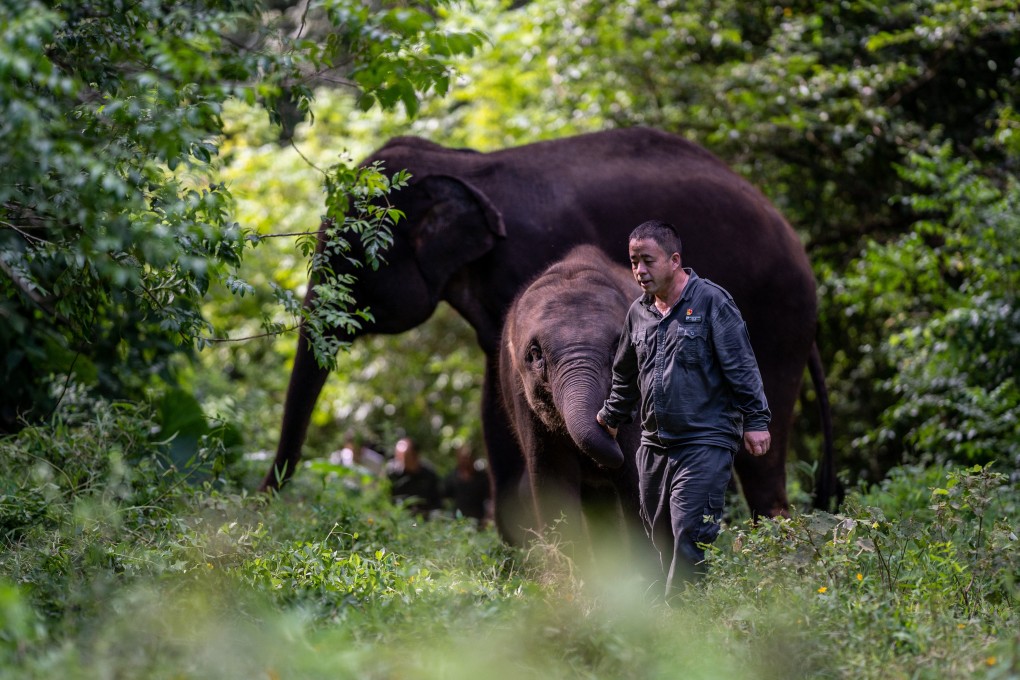Opinion | The case for an eco-friendly alternative to GDP
We need new metrics that recognise the full value of biodiversity and the ecosystem, and new financial tools that reward conservation

The repercussions of biodiversity decline extend beyond environmental issues and are beginning to significantly impact the global economy. The World Bank’s analysis highlights a potential US$2.7 trillion loss in global gross domestic product by 2030 due to the collapse of biodiversity’s ecosystem services, including wild pollination, marine fisheries and timber from native forests.
A larger estimate from Oxford University researchers indicates that shocks to the global economy based on nature-related risks could exceed US$5 trillion.
There have been global efforts to overcome these issues for quite a while. In June 2001, the United Nations launched the Millennium Ecosystem Assessment, which led to a series of reports. The initiative has significantly influenced public policy by providing a scientific foundation for understanding the relationship between ecosystem services and human well-being.
Despite substantial progress, challenges remain in accurately assessing the economic value of these services and translating that value into concrete investments. Addressing these obstacles is crucial for ensuring the long-term health of our planet and the prosperity of future generations.
